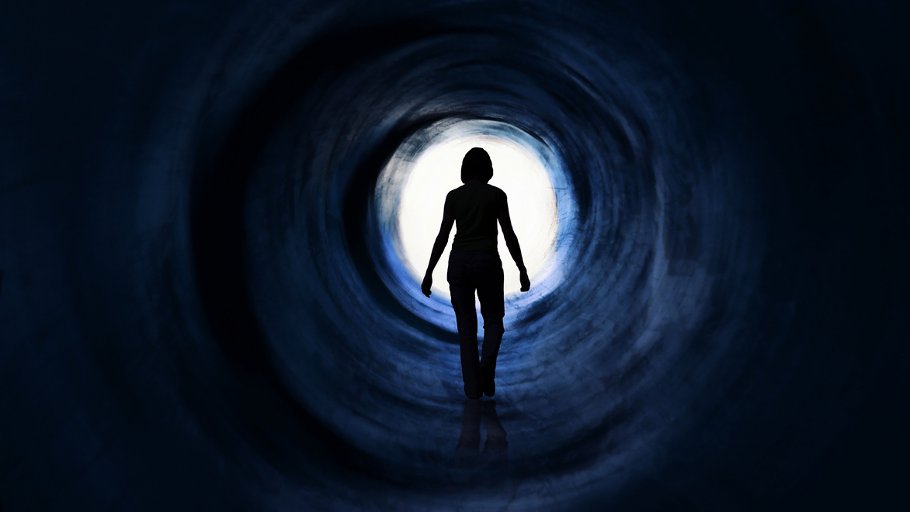 Iran’s Attack on Israel
Iran’s Attack on Israel


4 min read
After my first child was born I developed severe postpartum depression and sank into a dark abyss.
I used to think that people with mental illness are incapable, dysfunctional, dumb, and just downright weird. Until I had the distinct honor and pleasure of joining the exclusive club.
After my first child was born I developed severe postpartum depression. Life as I knew it ceased to exist. I had sunken into a deep and dark abyss. Through my journey to recovery and self-discovery I was forced to ask myself probing and painful questions. Who am I? What am I? Does my mental illness define me? Am I a worthy being? What makes a person worthy anyways?
These questions kept on spinning round and round in my head and I was free-falling. I realized I was faced with the hardest choice in my life: I could take the humiliating leap and go for help or continue to let things spiral out of control on the suicidal path that I was heading towards.
Deep down I knew that I wanted to go for help, but how would I be able to look myself in the mirror again? I need help? Do you hear that? I, Rivka Kaufman the great, need help! What does that say about me? Does that make me less of a person?
Based on my explorations in Jewish thought I came to realize that I am not my mental illness, I am what I choose to be. Mental illness is the circumstance God gave me; I am my choices. Needing help is okay. God purposely didn’t make humans perfect. Angels serve that purpose. We human beings are here to work on ourselves, to grow and strive towards perfection using all the tools at our disposal. Therapy and meds are just some of them.
God gives each person a unique mission that only he can fulfil through the circumstances that he was given. King David addresses this when he writes, “I will solve my riddle with a harp” (Psalms, 49:5-6). What riddle is King David referring to and how is a harp going to solve it?
The answer lies in the next verse, “Why do I fear evil in my days?” i.e. what purpose does suffering and challenges serve? Why is life so full of pain? King David solved this riddle with a harp. In order for a harp to produce music you have to pluck its strings. In fact, the harder you pluck the harp's strings the stronger the music that it plays. Challenges and the circumstances that we are given in life are life’s harp strings. How we choose to play those strings determines how much latent potential we bring out.
It’s not the song I would have chosen, but now that it’s mine, it’s up to me to create the music that only I can play.
God doesn’t make mistakes. My mental illness is the sheet of music God gave me. It’s not the song I would have chosen, but now that it’s mine, it’s up to me to master playing it to the best of my ability, to create the music that only I can play.
I asked myself, “How can I take the challenges I’ve been given and use them to become a better person and positively impact the world?” I came up with an approach that’s making a difference; I took my experiences and started to use them to help others. When some friends in my support group wanted to use a particular gifted psychiatrist who wasn’t covered by their health plan, I rose to the challenge and took up the battle with the insurance company. With the help of Chaim V’chessed, we were victorious! Additionally I’m involved in organizing events for people who have mental illness. I also wrote and published a book, What’s Going on with My Mother? – A Jewish Approach to Helping Children Deal with a Parent’s Depression. Geared for kids ages 8 and up, the book helps normalize mental illness and answers many questions that a child may have.
I was once filled with so much self-hate and didn’t believe I was worthy of love. I didn’t think I was capable of accomplishing anything. Having depression and choosing to fight to recover forced me to discover my inner strengths, talents, and capabilities. I’ve become acquainted with parts of myself that I didn’t know existed.
Looking back, I can see how having mental illness has made me into a kinder, more sensitive, and less judgmental person. I’ve come to appreciate more deeply that my value is defined by my internal virtues and choices that I make. It’s not based on what the world sees or thinks about me.
